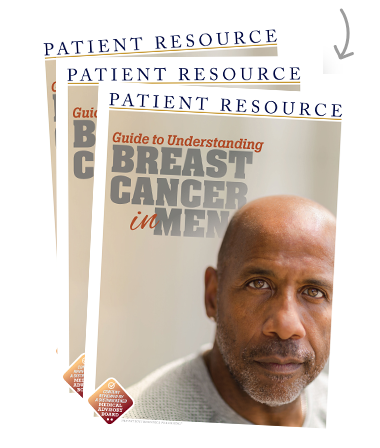Male Breast Cancer
Financial Planning
Though you are focused on understanding your diagnosis and treatment, it is also important to be aware of the costs involved in your care. Many people are available to help. Do not feel embarrassed to talk with them about your financial situation. They expect you to, and they are skilled at guiding you to reputable sources for answers and assistance.
Step 1
Medical expenses. These include medical office visits, tests, treatments, drugs and caregiving, which are the most obvious additions to your spending. Contact the financial staff at your doctor’s office. They can help you understand your insurance policy and out-of-pocket expenses. They may also have access to programs that offer certain medications at reduced costs.
Step 2
Lifestyle expenses. You may have increased living expenses because of new, cancer-related costs. You may spend more money on transportation, travel, legal assistance, child or elder care, meal preparation or housecleaning. Reach out to your social worker, patient advocate or patient navigator at your medical facility. They can refer you to local organizations, advocacy groups and other nonprofit organizations that may offer assistance in these and other areas.
Step 3
Special events. Take into consideration that your income may be reduced if you have to cut back on hours or take a leave of absence, but if you can, plan for something special. Set aside extra money to enjoy special activities or trips with your family and friends to help ease the stress of this difficult time.



